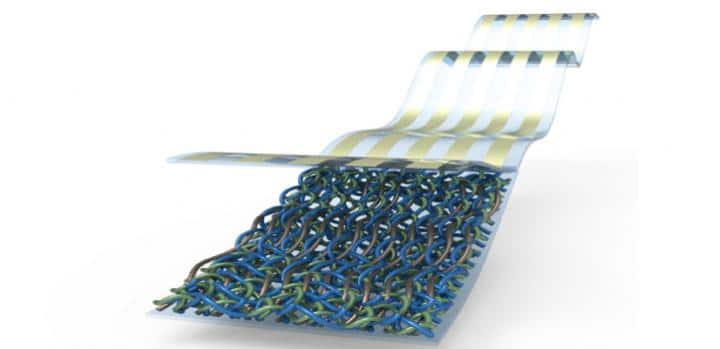Scientists at Saudia Arabia’s King Abdullah University of Science and Technology have claimed that they have raised the conversion efficiency of organic solar cells by up to 1.6% with diquat, a quaternary ammonium compound that is widely used in nonselective contact herbicides and crop desiccants.
The compound, known as C12H12Br2N2, was used as a donor molecular dopant in two unspecified organic PV devices with efficiencies of 16.7%. In one of the two cells, the efficiency was raised to 17.4%, while in the second device it reached 18.3%.
“These improvements were possible because the molecular diquat dopant increased both the materials' optical absorption and the lifetime of the electrical charges when light was absorbed,” the academics said.
They explained that this particular dopant had never been used in previous research, due to its lack of stability in an ambient atmosphere. Their major achievement consists of developing a process that purportedly created a stable neutral diquat by electrochemically reducing charged diquat, which is stable in air.
Popular content
“This ability makes diquat a promising choice for the next generation of organic solar cells,” said researcher Yuanbao Lin, adding that efficiencies of around 20% could be achieved with the new technique.
In 2019, another research team at the university developed a highly performant organic PV cell using tungsten disulfide flakes with a thickness of a few atoms. The process created for the cell reportedly led to the production of an organic cell with a conversion efficiency of 17% – a figure that was said to be the highest for an organic cell based on a 2D material as a hole transporter, and among the highest for organic PV in general.
“Our immediate goal is to push the efficiency of our organic solar cells well beyond 17% and toward our theoretically predicted limits,” researcher Thomas Anthopoulos said at the time.
This content is protected by copyright and may not be reused. If you want to cooperate with us and would like to reuse some of our content, please contact: editors@pv-magazine.com.



1 comment
By submitting this form you agree to pv magazine using your data for the purposes of publishing your comment.
Your personal data will only be disclosed or otherwise transmitted to third parties for the purposes of spam filtering or if this is necessary for technical maintenance of the website. Any other transfer to third parties will not take place unless this is justified on the basis of applicable data protection regulations or if pv magazine is legally obliged to do so.
You may revoke this consent at any time with effect for the future, in which case your personal data will be deleted immediately. Otherwise, your data will be deleted if pv magazine has processed your request or the purpose of data storage is fulfilled.
Further information on data privacy can be found in our Data Protection Policy.